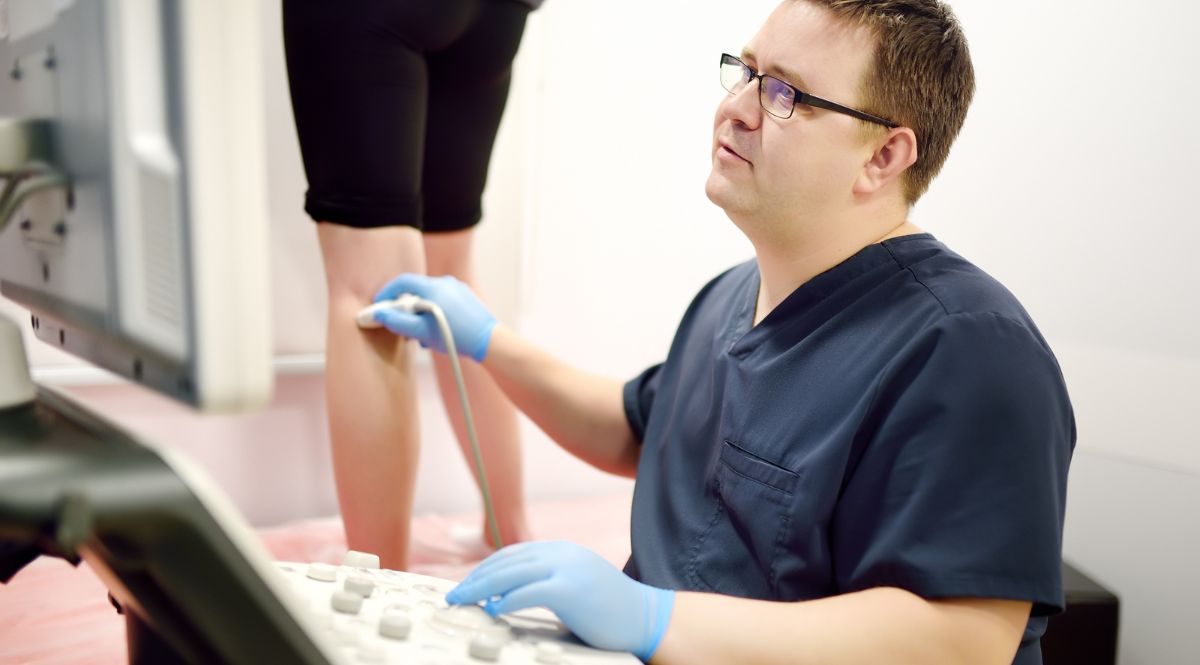Vascular health is essential for maintaining overall well-being, as the body’s vascular system is responsible for circulating blood, nutrients, and oxygen to every part of the body. When issues arise within the veins, arteries, or lymphatic system, it can lead to serious health complications. This is where an angiologist, a medical doctor specializing in the diagnosis and treatment of vascular health conditions, plays a critical role. Understanding the expertise of an angiologist and how they can help manage and treat vascular issues is essential for anyone concerned about their vascular health.
What is an Angiologist?
An angiologist is a vein specialist trained to diagnose, treat, and manage disorders affecting the circulatory system, including the veins, arteries, and lymphatic system. Unlike a cardiovascular surgeon who focuses on surgical interventions, an angiologist often uses non-surgical and minimally invasive techniques to treat vascular conditions. They play a crucial role in diagnosing vascular diseases early, preventing complications, and managing chronic conditions.
Conditions Treated by an Angiologist
An angiologistcan diagnose and treat a wide range of vascular conditions, including:
1. Varicose Veins and Spider Veins
Varicose veins are enlarged, twisted veins that often appear on the legs and can cause discomfort, pain, and cosmetic concerns. Spider veins are smaller, web-like veins that can appear on the face or legs. An angiologist can assess the severity of these conditions and recommend appropriate treatments, such as sclerotherapy, laser therapy, or compression stockings, to improve blood flow and reduce symptoms.
2. Peripheral Arterial Disease (PAD)
PAD occurs when arteries in the limbs become narrowed or blocked, restricting blood flow and causing pain, cramping, or numbness in the legs or arms. An angiologistis skilled in diagnosing PAD through tests like Doppler ultrasound and can recommend treatments like medication, lifestyle changes, or minimally invasive procedures to restore blood flow.
3. Deep Vein Thrombosis (DVT)
DVT is a serious condition in which blood clots form in the deep veins of the legs, which can lead to life-threatening complications like pulmonary embolism if the clot travels to the lungs. An angiologist can use diagnostic tools like ultrasound to detect clots and may prescribe blood thinners or recommend other treatments to prevent clot formation and promote circulation.
4. Chronic Venous Insufficiency
In this condition, the veins in the legs are unable to effectively pump blood back to the heart, leading to swelling, pain, and skin changes. An angiologist can help manage chronic venous insufficiency through treatments such as compression therapy, medication, or minimally invasive procedures like endovenous laser therapy (EVLT) to improve vein function.
5. Aneurysms
An angiologist is also involved in the diagnosis and monitoring of aneurysms, which are bulges in the walls of blood vessels that can rupture if not treated. Regular monitoring and early detection through imaging tests can help manage the risk of rupture, and an angiologist can recommend surgical or non-surgical interventions depending on the severity of the aneurysm.
Diagnostic Tools and Techniques
An angiologist uses several diagnostic tools and techniques to assess vascular health, including:
- Doppler Ultrasound: A non-invasive imaging test that measures blood flow through the veins and arteries to detect blockages, clots, or abnormal blood flow.
- Ankle-Brachial Index (ABI): A simple test that compares the blood pressure in the ankle to that in the arm, helping to diagnose PAD.
- Angiography: A specialized imaging test that uses contrast dye and X-rays to view the blood vessels and identify blockages or abnormalities.
By utilizing these advanced diagnostic techniques, an angiologist can accurately identify vascular issues and develop personalized treatment plans to improve a patient’s overall vascular health.
The Importance of Early Detection
One of the key roles of an angiologist is to detect vascular problems early, before they lead to more severe complications. Conditions like varicose veins or PAD may start with mild symptoms, but if left untreated, they can progress to more serious issues like ulcers, infections, or even limb loss in extreme cases. Regular check-ups with a vein specialist can help catch these conditions in their early stages, ensuring more effective treatment and better outcomes.
Early detection is particularly important for individuals at higher risk of vascular diseases, such as those with a family history of vascular issues, smokers, people with diabetes, or those with high cholesterol. An angiologist can assess risk factors and recommend preventative measures, such as lifestyle changes, medications, or non-invasive treatments to improve circulation and reduce the risk of complications.
An angiologist plays a vital role in maintaining and improving vascular health by diagnosing, treating, and managing conditions that affect the circulatory system. From treating varicose veins to preventing life-threatening conditions like deep vein thrombosis, these specialists provide essential care that ensures proper blood flow and overall health. Regular visits to an angiologist can help detect potential problems early and provide targeted treatment to prevent serious complications, making them an invaluable partner in long-term vascular care.
If you are experiencing symptoms like leg pain, swelling, or visible veins, consider consulting with an angiologist to ensure your vascular health is in top condition.




